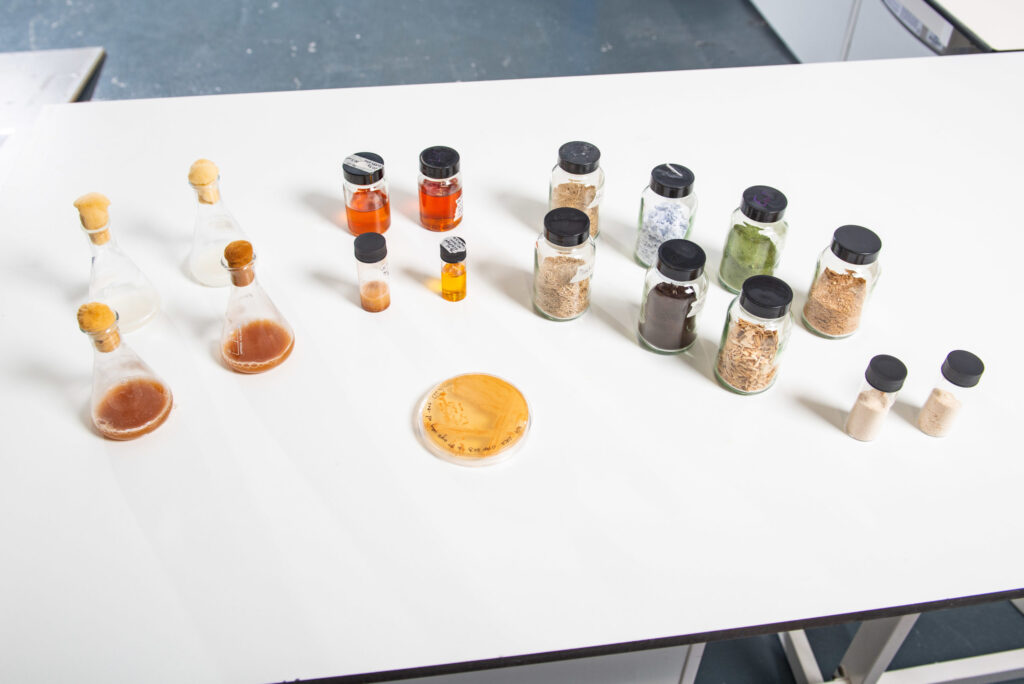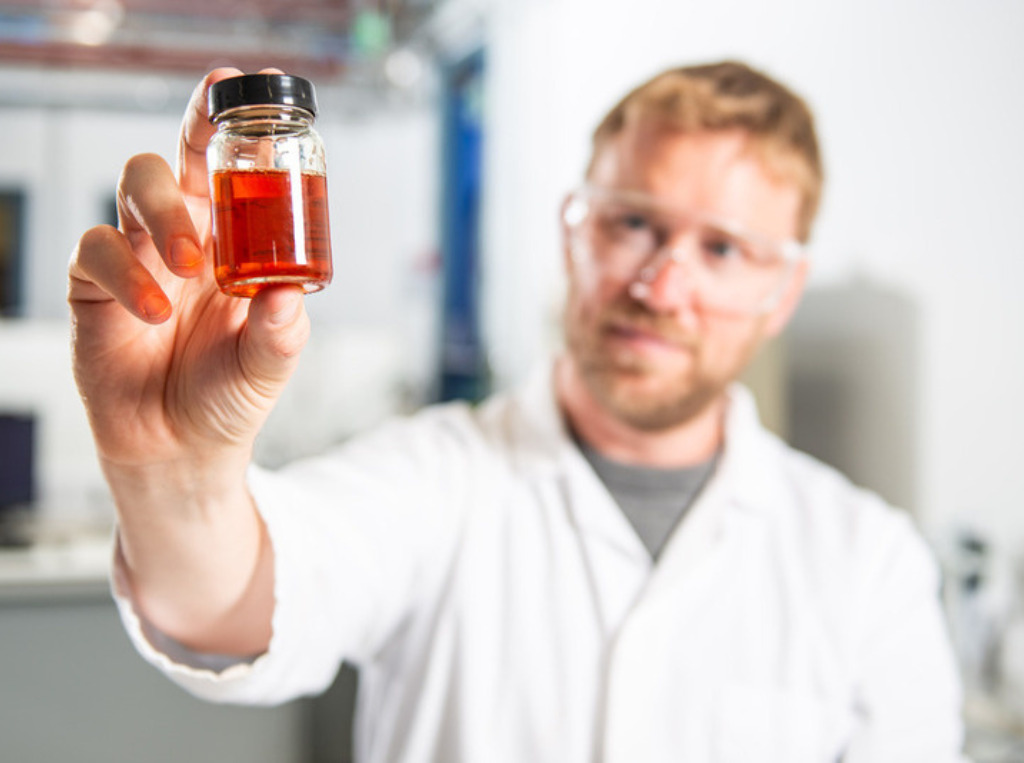UK Food Tech Firm Raises £2.3M to Bring Fermentation-Based Palm Oil Alternative to Market
3 Mins Read
Ahead of a Series A round next year, UK biotech firm Clean Food Group has raised £2.3M in funding to accelerate the commercialisation of its fermentation-based fat, which it describes as a sustainable replacement for palm oil. The investment will also help advance regulatory and commercial approvals for the yeast-derived palm oil alternative.
The funding round included parties like Döhler, Alianza Team and Agronomics (which has made several investments in cultivated meat companies). The latter previously invested £900,500 in Clean Food Group last June and contributed £700,000 in this round. Agronomics executive director and Clean Food Group co-chair Jim Mellon also participated with a £50,000 investment. It brought the firm’s total funding to £10M.
The capital raised will help Clean Food Group to scale up its tech platform and advance through the regulatory and commercial ladders. The food tech company is planning to complete a Series A round next year, which will help finance a commercial-scale manufacturing plant. Before the series A, the firm expects its yeast-based palm oil alternative will be ready for commercialisation, with a “clear line of sight to near-term revenue generation”.
A 10-year research journey

Built on over £7.5 million of UK government funding, Clean Food Group’s tech platform follows 10 years of research led by its technical lead, University of Bath Professor Chris Chuck. The proprietary tech uses proven, scalable oleaginous yeast strains and fermentation processes, and feeds it with food waste to create sustainable alternatives to traditional oil and fat ingredients.
The sidestream valorisation means it’s part of a circular economy, with the added bonus of 90% fewer greenhouse gas emissions than terrestrial oils. The fats are created using a non-GMO and vegan-friendly process run on renewable energy.
Clean Food Group plans to make product batches for regulatory approval in cosmetics and food applications by the end of 2023, and hopes to launch its product in the coming years given the regulatory path for non-GMO processes in the UK and EU is less stringent than for those with genetically modified ingredients.
“The successful conclusion of this current funding round validates the important strides our business is taking in solving critical sustainability and supply chain challenges facing our food and cosmetic manufacturer customers,” said Clean Food Group co-founder and CEO Alex Neves.
He added: “We are now in a great position to validate our technology at a commercial scale, advance our regulatory pathways and develop our growing list of commercial partners in advance of our Series A next year.”
The planet’s palm oil problem
Creating an alternative to a climate-harming fat is a major win. Palm oil is present in half of all supermarket items – across every product category. But it’s a major driver of deforestation, with rainforests cleared and various species killed to make way for palm oil plantations. Production of the oil has increased tenfold since 1980, and is set to increase by another 50% by 2050.
This kind of demand pushes producers to burn down more forests, a form of mass deforestation that emits greenhouse gases and eliminates trees that help absorb these very emissions. A 2020 study found that the drainage of young palm oil leads to a 50% increase in carbon emissions.
It’s also a critical threat to wildlife including orangutans – 50% of whom are found outside national parks due to deforestation – and rhinos. The industry is also linked with human rights violations, with Indigenous communities losing their lands and villages, and workers exploited with poor working conditions and pay.
Other companies are also innovating with sustainable palm oil alternatives. New York-based climate tech startup C16 Biosciences has created a Palmless Torula oil, using microbes grown in bioreactors. Chemically and functionally identical to palm oil, the fat was used in a soap bar by British material science firm Pangaia and skincare label Haeckels.




